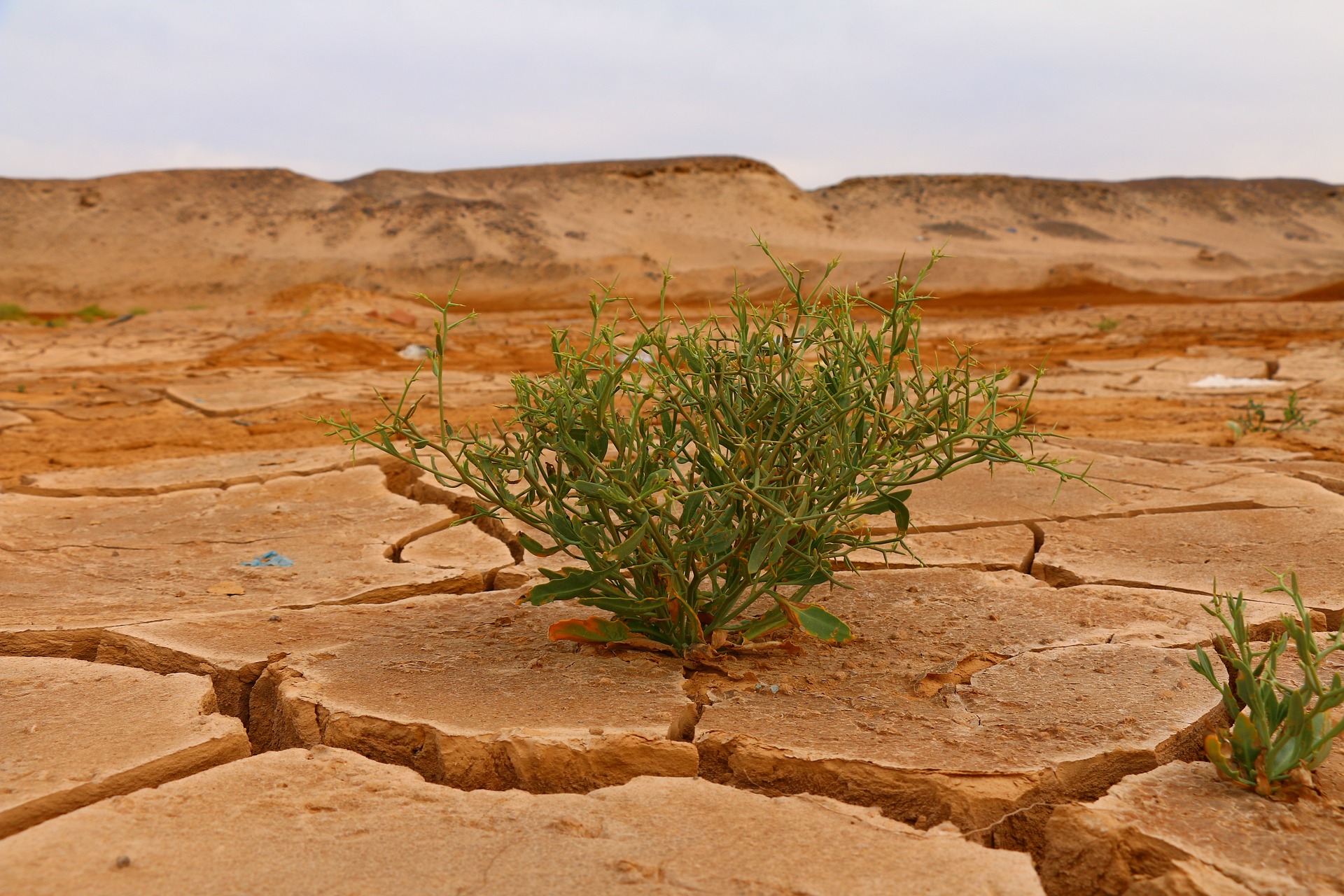
Canada’s ecological footprint declined during COVID-19, but is it back to pre-pandemic levels?
York University’s Ecological Footprint Initiative will release data showing changes up to 2022
TORONTO, April 17, 2023 – What is the size of Canada’s ecological footprint, and that of the rest of the world, and how did that change during the global pandemic?
Researchers at York University will release the Ecological Footprint of Canada, and 200 other countries, from 1961 to 2022, at an online launch on Thursday, April 20, from 1 to 2 p.m.
Ecological Footprint measures the area of land and water used to grow food and renewable materials, plus the area occupied by settlements and infrastructure, as well as the area of forests needed to soak up carbon emissions.

“Canada reports on GDP with a lag of just a few months, yet its environmental data lags by years. We filled in gaps and lags to make it easier to assess environmental performance in Canada and around the world,” says Eric Miller, director of York's Ecological Footprint Initiative in the Faculty of Environmental and Urban Change. “Time is ticking. Each year of action or inaction matters for the future of humanity. For this reason, our data reports on Ecological Footprint up to the end of 2022.”
Since the first Earth Day in 1970, humanity’s Ecological Footprint has been in overshoot of the planet’s capacity to sustain it. Since 1961 humanity’s footprint has tripled.
“For each country we calculate the footprint of what was produced and what was consumed. The difference comes from the footprint embodied within the goods imported to the country, and the footprint of the goods exported by the country,” says Miller.
“Canada, for example, produces more wood products than it consumes, with the difference as exports. We generate this data for all countries, to reveal the ecological dimensions of global supply chains and the extent to which countries effectively offload their ecological requirements onto others.”
This is the fifth anniversary of York producing data about ecological footprint and biocapacity, and supplying that data on an open-source basis to researchers around the world.
This year’s data will also include a more robust look at the footprint of fish harvests, including unreported catch. “In Canada, fish harvests were significantly underreported up to the point of the cod collapse. By including underreports, we can help researchers see these trends much more easily,” says Katie Kish, Ecological Footprints Initiative research associate.
Register here: https://yorku.zoom.us/webinar/register/WN_TfXchuqbTEqtUMTY51bV1g
Speakers:
York's new Chief Sustainability Officer Mike Layton will kick off the event, followed by updates to the 2023 accounts from Ecological Footprint Initiative Director Eric Miller, along with data analysts Sila Basturk Agiroglu and Peri Dworatzek.
Katie Kish will talk about research futures and the growing international research network for the global footprint family, with a direct focus on better public-facing data and data for communities.
Mathis Wackernagel, co-founder and president of the Global Footprint Network, will discuss the state of the footprint and a look towards the future. One example he will draw on is the Kunming/Montreal Global Biodiversity Framework with 23 targets agreed upon at the 15th meeting of the Conference of Parties to the UN Convention on Biological Diversity. These targets include the Ecological Footprint as a measurement tool.






